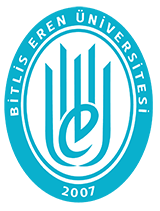| dc.description.abstract | In recent years, upper respiratory tract infections that have affected the whole world
have caused the death of millions of people. It is predicted that similar infections may
occur in the coming years. Therefore, it is necessary to develop methods that can be
used widely, especially during epidemic periods. The study developed a decision
support system for use in upper respiratory tract infections. At this stage, first, the
ResNet models in the literature were examined and an application was developed on
the SARS-CoV-2 Ct dataset. Next stage, the block structure in the ResNet models in
the literature was changed, the number of layers was reduced, and a new model was
proposed that provides higher success with fewer parameters. With the proposed
model, the values 0.97, 0.97, 0.94, and 0.98 were achieved for accuracy, F1 score,
precision and sensitivity on the SARS-CoV-2 Ct dataset, respectively. When the
obtained values are compared to state of the art methods in the literature, it has been
determined that they are at a competitive level with much fewer parameters.
Hardware-related problems encountered in the training of ResNet models at low
hardware levels were solved with the proposed model, resulting in a higher success
rate. Furthermore, the proposed model can be widely used in different decision
support systems that are urgently needed in adverse conditions such as pandemics
due to its lightweight structure and high-performance results. As a result of the study,
a new model that can provide higher performance with much lower layer structure
than existing ResNet models has been introduced into the literature with the proposed
model. | tr_TR |














